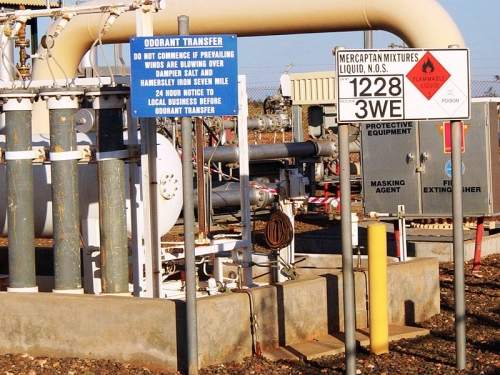Natural gas is a versatile fossil fuel used all around the world for heating buildings, generating electricity, and powering industry.
It is a naturally occurring hydrocarbon gas mixture consisting primarily of methane, with up to 20 percent concentration of other hydrocarbons (typically) as well as small amounts of impurities such as carbon dioxide.

A big debate has been brewing as of late since the US is a major producer of natural gas. In Europe and Asia, the going rate for liquefied natural gas is much higher than it is in the US.
In some parts of Europe, natural gas is selling as high as $12 per million BTU and in some Asian markets; it is selling for $18 per million BTU.
This means many US companies which produce natural gas are looking to liquefy and ship it to other countries for sale at higher prices.
The result, claim critics? Less natural gas in the US and higher prices for Americans who use the fuel for cooking and heating.
As such, businesses that purchase natural gas in the US are hoping to stop nine different US companies which have filed for federal approval to export approximately 10 billion cubic feet of liquefied natural gas per day – equivalent to 14% of the natural gas produced in the US in 2010 (estimated to be about 26.8 trillion cubic feet).
The debate here is whether increased gross domestic production will (realistically) offset the price Americans pay for natural gas.
“I don’t think anybody knows the answer to that question, which we think argues for slowing down these (export) facilities,” Dave Schryver, executive vice president of the American Public Gas Association, a trade group for municipal gas utilities, told the San Francisco Chronicle.
”Until you have a strong, accurate view of what the impact is going to have on consumers, it’s premature.”
Unsurprisingly, gas companies claim new technology has facilitated a significant increase in gas production, leading to an excess national supply.
“We have so much natural gas coming up that we don’t know what to do with it,” said Andrew Ware, spokesman for Cheniere Energy, based in Houston.






